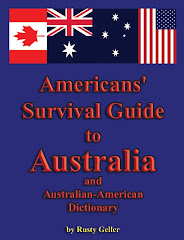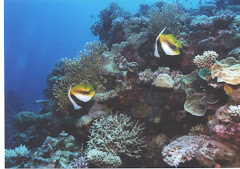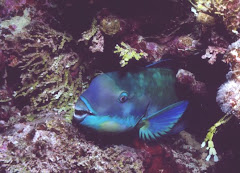The major banks are ANZ (pronounced A-N-Zed), Westpac, National, and Commonwealth. They’re known as the Big Four. There are also smaller banks and credit unions. Most banks seem to follow a Monty Python approach to business and bureaucracy, so come armed with patience. If you don’t like the first answer you get, ask someone else (in Australia, an organization is truly a group of individuals). Just when you think everybody there is hopeless, someone will come through for you.
The equivalent of a U.S. Certificate of Deposit (CD) is called a Term Deposit (TD). Checks are spelled cheques. Fees are charged on most transactions.
In Australia, there’s no insurance on savings equivalent to the U.S. FSLIC or FDIC, but under the Banking Act of 1959, depositors in an Authorised Deposit-taking Institution (ADI) have to maintain assets to back their deposits (be it land, gold, cattle, etc.) and in the event that the bank goes belly up, the depositors are to be repaid first—before the bank’s creditors. What does this mean to you? If the bank fails, you won’t be paid out directly, but will have to wait in line and hope there’s enough to go around. Bottom line: all money deposited is on faith in that institution, so it seems prudent to go with one of the big ones and learn to put up with the frustration. Besides, they usually have more ATMs.
Australia, what a concept...
I moved to Australia from the U.S. when I was fifty. The transition looked deceptively simple. After all, I’d visited there a half-dozen times, I knew my way around, and the Aussies speak English—how hard could it be? I quickly found there’s a big difference between being a tourist in a country and having to make a serious go of it. This blog covers what I had to learn the first few years in order to survive.
Posted by
Monday, May 19, 2008
Subscribe to:
Post Comments (Atom)





No comments:
Post a Comment